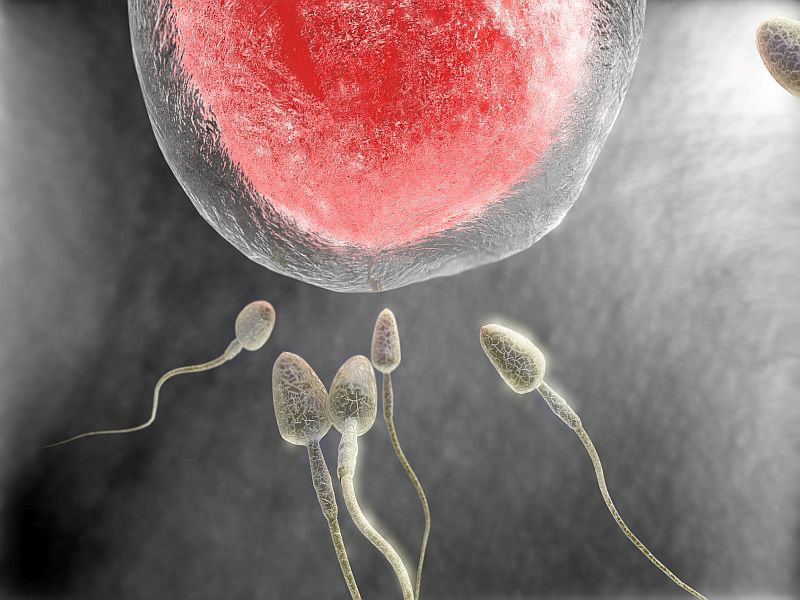
THURSDAY, April 18, 2019 (HealthDay News) -- For transgender teens and young adults, deciding whether to freeze their sperm or eggs in case they want children later on is a complex decision.
A transgender person is one whose gender at birth does not match the gender they identify with. In the past, trangender adults would transition with surgery and hormones. Now, new medical directions are allowing adolescents to take hormones to transition, and suppress their fertility, at earlier ages.
"As a child psychologist, I'm usually talking to adolescent patients about contraception to prevent unwanted pregnancies, not, 'Down the line, do you want to be a parent? And if so, how important to you is a genetic connection to your child?'," said Diane Chen. She's an assistant professor of psychiatry, behavioral sciences and pediatrics at Northwestern University's Feinberg School of Medicine in Chicago.
Chen is also first author of a revealing new study examining the considerations that go into that decision.
For the study, her team interviewed 18 transitioning transgender patients, aged 15 to 24, about the factors that go into a decision on fertility preservation.
Key factors included: their family values, such as a parent encouraging or pressuring them to consider freezing their eggs or sperm; knowing whether they want biological children; cost of the procedure and storage; and concern about worsening conflict between their physical and emotional gender if they delay hormone therapy or undergo an invasive procedure to preserve fertility.
The findings provide insight into how difficult this decision can be and show the need for standardized protocols for primary care doctors counseling patients who are considering sex reassignment, according to authors of the study published April 15 in the journal LGBT Health.
"It can be difficult for kids who are transitioning in adolescence to have to be thinking about these things. It's not developmentally typical," Chen noted in a Northwestern news release.
Fertility preservation only recently became an option for transgender youth, and it can be difficult and ethically complex for doctors.
"Potentially compromised fertility should not be a reason to prevent transgender adolescents from transitioning with hormones, but we should be taking steps to train doctors on how to talk to transgender youth about options … and support them in making these decisions," Chen said.
Referring some patients to see a specialized fertility counselor for support might be a good idea, Chen suggested.
But even specialists might need to revamp their protocols. One study participant said reliable information can be lacking.
"I do kind of regret not doing the fertility [preservation] thing," said one 18-year-old in the news release. The teen received counseling but did not pursue fertility preservation. "I just wish they had told me, 'hey, there is a way, even after you start testosterone to do [fertility preservation]."
More information
The U.S. Centers for Disease Control and Prevention has more on transgender health.
Back

The news stories provided in Health News and our Health-E News Newsletter are a service of the nationally syndicated HealthDay® news and information company. Stories refer to national trends and breaking health news, and are not necessarily indicative of or always supported by our facility and providers. This information is provided for informational and educational purposes only, and is not intended to be a substitute for medical advice, diagnosis, or treatment.






